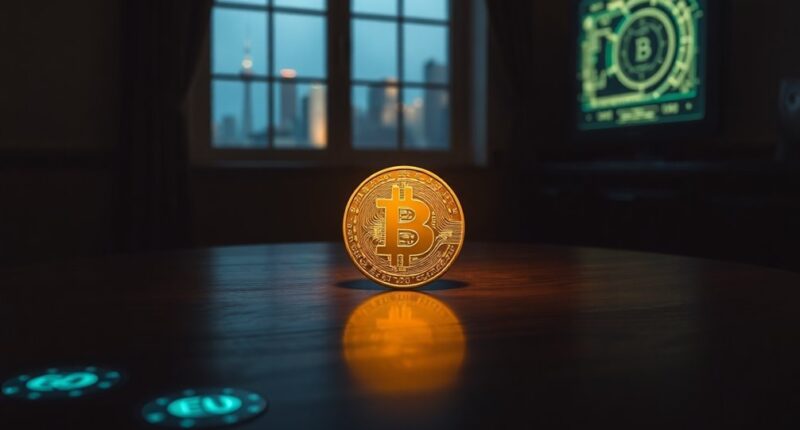When you think about Bitcoin, it's easy to see it as just digital gold. However, its true value goes much deeper than that. With its decentralized nature, robust security features, and trustworthiness, Bitcoin is reshaping the financial landscape. Its fixed supply cap creates scarcity, while its growing acceptance as a medium of exchange hints at a future where financial autonomy is possible. But what else sets Bitcoin apart in today's economy?

As you explore the world of Bitcoin, you'll quickly discover its unique value lies in a combination of decentralization, scarcity, and growing utility. At the heart of Bitcoin's appeal is its decentralized network, which ensures that no single entity controls the system. This decentralization enhances security, making it harder for malicious actors to manipulate or shut down the network.
Each transaction is recorded across a vast blockchain, ensuring transparency while also protecting the integrity of the network through immutability. This means once a transaction is added, it can't be altered or deleted, which bolsters trust among users.
Censorship resistance is another crucial aspect of Bitcoin. Because it operates without a central authority, you can conduct transactions freely, without fear of interference or censorship. This financial freedom appeals to many, especially those in regions with restrictive financial systems. The proof-of-work consensus mechanism further secures the network, validating transactions and ensuring that only legitimate ones are recorded.
Additionally, Bitcoin's fixed supply cap of 21 million coins creates an inherent scarcity that significantly influences its value. Unlike fiat currencies that can be printed at will, Bitcoin's limited availability fosters a deflationary dynamic, making it a more stable store of value over time. Limited Supply ensures that Bitcoin retains its appeal as a hedge against inflation, attracting investors seeking alternatives to traditional assets.
Often dubbed "digital gold," Bitcoin's scarcity positions it as a hedge against inflation, appealing to investors looking for alternatives to traditional assets. As demand for Bitcoin rises, its diminishing supply drives up its market value, making it an attractive investment.
Beyond its scarcity, Bitcoin's utility continues to grow. It serves as a medium of exchange, enabling seamless cross-border transactions that sidestep traditional banking hurdles. Its portability and divisibility make it versatile for everyday use, while its acceptance among businesses and individuals is steadily increasing.
This growing adoption enhances Bitcoin's acceptability, allowing it to function as a reliable store of value. Moreover, Bitcoin's innovative blockchain technology has spurred significant advancements in the financial sector, paving the way for new financial models.
It offers not just an alternative to traditional banking but a glimpse into a future where financial autonomy is the norm. The network effects surrounding Bitcoin amplify its distinctiveness, further entrenching its position in the global economic landscape.









